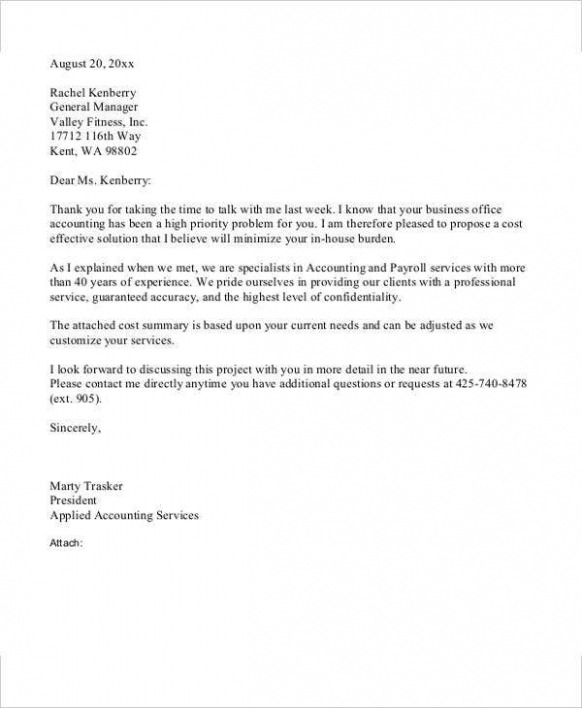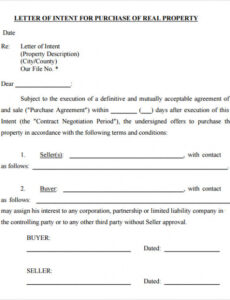Small Business Offer Letter Template Taxpayers experiencing tax debt problems rarely compare the internal revenue service deal in compromise with the Phase 13 personal bankruptcy. Regularly, the Phase 13 will give a extra specific remedy for the taxpayer to resolve tax obligation financial obligation. This write-up examines the loved one advantages of both the offer in compromise and Phase 13.

An offer in compromise might be the most promoted tax solution. You can not listen to radio or enjoy television without being pounded by advertisements to settle your tax obligation financial obligation. Commonly the advertisements proclaim that the internal revenue service has introduced that leniency in the collection of the tax financial debt exists for a minimal time. The sad fact is that the leniency announcement by the internal revenue service was typically for various other issue area, such as tax shelters. The internal revenue service rejects around 85 percent of all deals in concession filed due to question regarding collectibility. Offers in compromise are typically filed because the taxpayer believes the tax financial debt can not be paid, Uncertainty regarding Collectibility is one of the most common sort of offer in compromise. Various other sorts of offers in compromise are outside the range of this write-up.
The advantage of the offer in concession is that the tax obligations, consisting of the related fines and also passion, are lowered to the amount the internal revenue service and also the taxpayer agree can be paid. Both celebrations must agree to the terms of the deal in concession. The deal in compromise is a agreement between the internal revenue service and the taxpayer. The regards to the agreement can be imposed against the taxpayer as well as the IRS.

Approval of the deal in concession takes place when the internal revenue service believes that the offer is at least as much as could be collected by the IRS over the one decade life of the statute of limitations. The internal revenue service will reject an offer that is for a lesser quantity than it might or else gather.
The IRS utilizes a uniform set of economic requirements that are not adaptable in both the analysis of the amount paid monthly in an installation agreement and also in an deal in compromise. These requirements restrict the costs for living that the taxpayer can declare are required for living. The standards consist of food, housing and utilities, transportation, as well as expense health expenditure. The criteria might cause radical issues for a taxpayer with a reasonably higher standard of life. Business expenses are not impacted by the standards.
The evaluation of the minimal deal in concession that will make the offer processable is the equity in the taxpayer’s properties plus the quantity that could be paid in an installation agreement over a given time period. The duration of the future regular monthly payments thought about by the internal revenue service relies on just how the deal will certainly be paid by the taxpayer. The internal revenue service desires 48 months of regular monthly settlement if the taxpayer offers a round figure. The internal revenue service desires 60 months of regular monthly settlement if the offer is to be paid in a short term contract of 2 years or less. However, the internal revenue service will take into consideration factual concerns such as retirement and also health and wellness of the taxpayer in shortening the duration of the multiplier.


